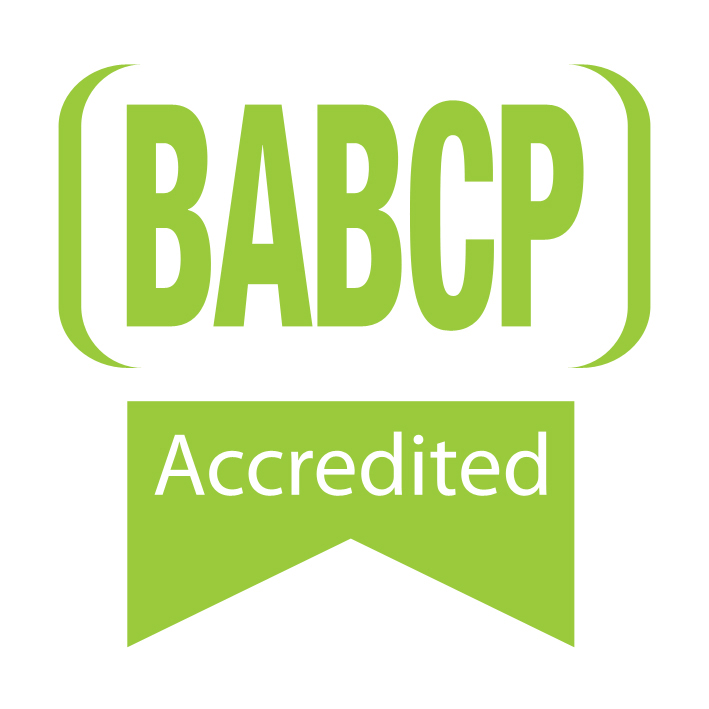Post Traumatic Stress Disorder
Post Traumatic Stress Disorder (PTSD) is an anxiety disorder which can be triggered by the experience of being involved in or witnessing very frightening, stressful or distressing events. The kind of events which might trigger PTSD include being involved in a road traffic accident, witnessing an accident happening to someone else or you or someone else being involved in any sort of life threatening event. It can be triggered by other events though, such as a mother having a difficult birth experience or, for the father, being present at such a birth, or being repeatedly bullied at school or being involved in a violent attack for example.
The symptoms of PTSD include nightmares and flashbacks related to memories of the experience, when people experience “reliving” of the actual event, associated with intense feelings of distress. People with PTSD often describe being “hyper-vigilant” which is a sense of being constantly alert or on edge. Sufferers may also experience feelings of anxiety, low mood, isolation, irritability and guilt. There can be associated physical symptoms including difficulties with sleeping, concentration and motivation, and symptoms of anxiety.
PTSD can have a significant impact on people’s lives. The symptoms and experiences can be very distressing and the worry about flashbacks being triggered can lead to the avoidance of anything that might bring the memories back. For example, someone who had been involved in a road traffic accident might become fearful of driving or being driven.
It is not clear why PSTD develops or why some people who have experienced a traumatic event develop it whilst others do not. PSTD can also develop soon after the experience or may not occur until months or years later. It is known though that the experience of trauma can cause changes in the way the brain works and how it processes the associated memories.
Treatment for PTSD can include narrative exposure therapy and cognitive behavioural therapy. Eye Movement Processing and Desensitisation (EMDR) has also been shown to be helpful.



